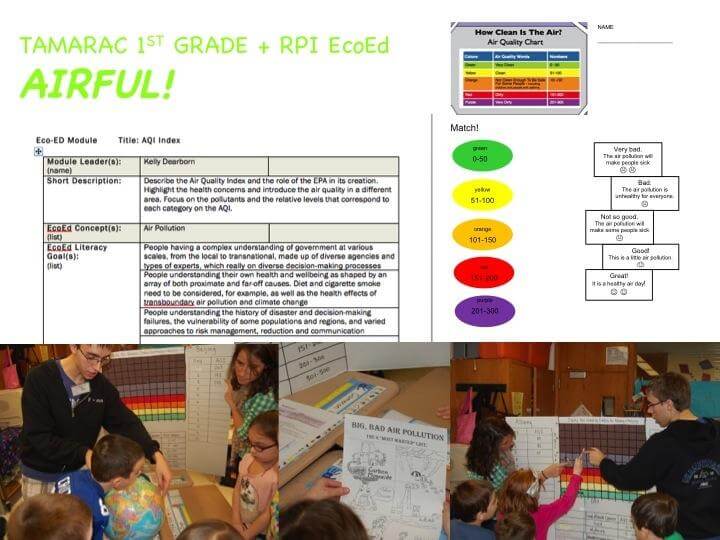Pedro de la Torre, Rensselaer Polytechnic Institute;
Kim Fortun, Rensselaer Polytechnic Institute
Scott Kellog, Rensselaer Polytechnic Institute
Alli Morgan, Rensselaer Polytechnic Institute
Brandon Costelloe-Kuehn, Rensselaer Polytechnic Institute
Amir H. Hirsa, Rensselaer Polytechnic Institute
Aalok Khandekar, Rensselaer Polytechnic Institute
Rethy Chhem, Fukushima Medical University and Cambodian Development Research Institute
Denver 2015: Pedagogy
 STS has developed methods, theory and a rich empirical record that advance understanding of how science, engineering, medicine, and other fields of expertise develop, cohere, and impact the world. In efforts that we describe as STS+, we extend this work to advance the development and thinking of experts themselves. Rather than teaching STS findings, we cultivate the thought styles of STS in the students we teach, particularly in engineering, medicine and the physical sciences. Students are provided what can be called scaffolding, or light structure to help them read, listen, and observe with STS sensibilities. An important goal is to inculcate habits of thought that students can carry with them into diverse situations, with enhanced capacity for analysis, evaluation, and creative intervention. This exhibit will describe STS+ initiatives in a variety of settings, including medical education in post-Fukushima Japan, and both K-12 and engineering education in the United States.
STS has developed methods, theory and a rich empirical record that advance understanding of how science, engineering, medicine, and other fields of expertise develop, cohere, and impact the world. In efforts that we describe as STS+, we extend this work to advance the development and thinking of experts themselves. Rather than teaching STS findings, we cultivate the thought styles of STS in the students we teach, particularly in engineering, medicine and the physical sciences. Students are provided what can be called scaffolding, or light structure to help them read, listen, and observe with STS sensibilities. An important goal is to inculcate habits of thought that students can carry with them into diverse situations, with enhanced capacity for analysis, evaluation, and creative intervention. This exhibit will describe STS+ initiatives in a variety of settings, including medical education in post-Fukushima Japan, and both K-12 and engineering education in the United States.

